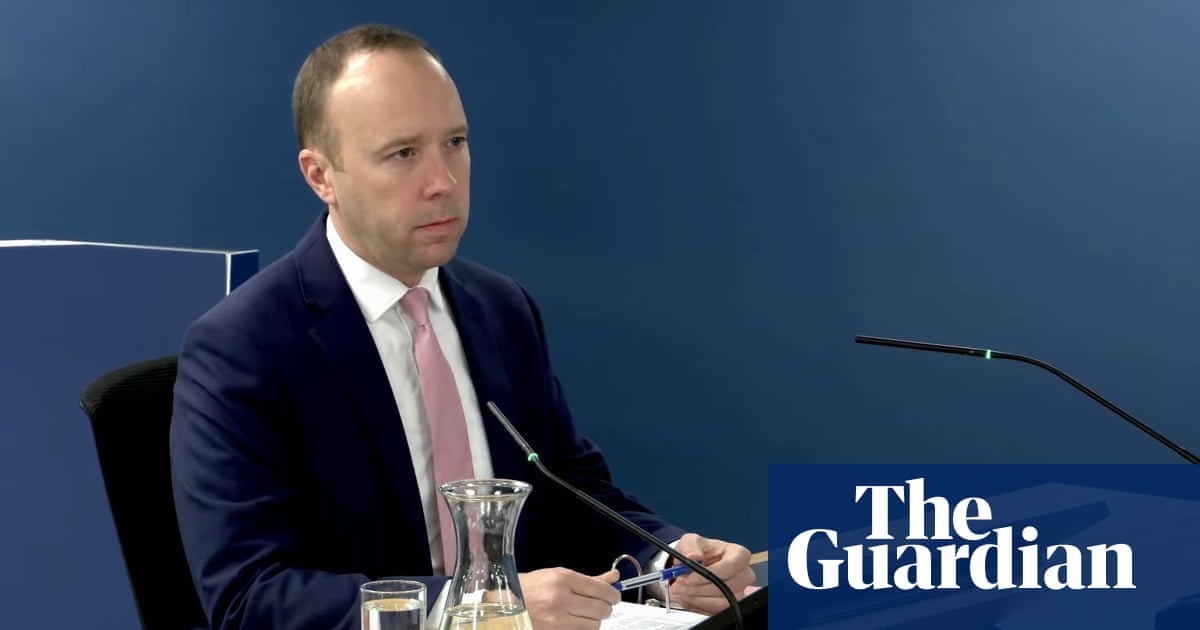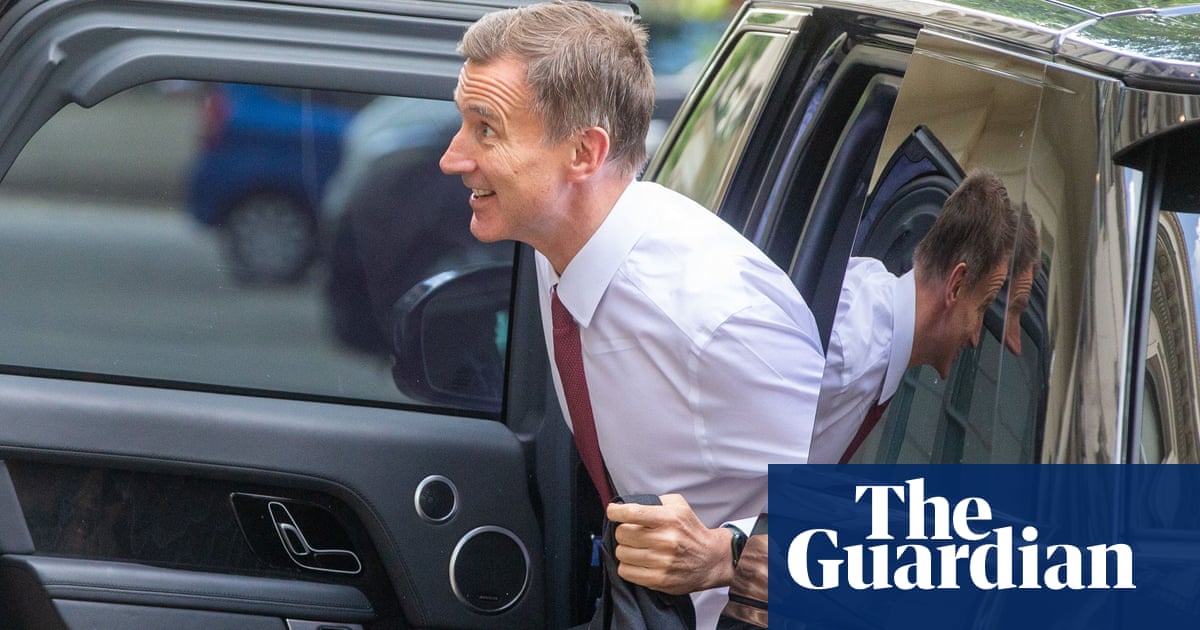
The number of coronavirus deaths in the UK could have been halved if the government had introduced the lockdown a week earlier, according to damning testimony from one of the scientists who was advising the government at the time.
The stark claim by Prof Neil Ferguson that thousands of lives could have been saved intensified the pressure on the government over its handling of the outbreak, leaving Boris Johnson facing repeated questions at the daily Downing Street press conference.
The prime minister insisted it was “premature” to make judgments about the government’s approach, and said he had taken the steps “that we thought were right for this country”, on the basis of scientific advice.
But this position came under further scrutiny when the chief medical officer for England, Prof Chris Whitty, was asked about his regrets about the handling of the crisis so far.
“I think there’s a long list of things that we need to look at very seriously,” he said.
Both he and the prime minister were put under intense pressure after the intervention of Ferguson, who leads the influential outbreak modelling group at Imperial College, London. He sat on the Scientific Advisory Group for Emergencies (Sage) during the early stages of the outbreak.
“Had we introduced lockdown a week earlier we’d have reduced the final death toll by at least half,” he told MPs on the House of Commons science committee. “The measures, given what we knew about the virus then, were warranted. Certainly had we introduced them earlier we’d have seen many fewer deaths.”
Official figures on Wednesday show the death toll from the virus already stands at 41,128, suggesting that if Ferguson is right, more than 20,000 lives could have been saved by taking more draconian action earlier.
His comments echoed those made by fellow Sage member John Edmunds, who said at the weekend, of the government’s actions in mid-March: “I think it would have been very hard to pull the trigger at that point but I wish we had. I wish we had gone into lockdown earlier. I think that has cost a lot of lives unfortunately.”
Johnson declined to express regret that the government did not act sooner, saying the data is not yet available to make a full assessment.
“Frankly, I think a lot of these questions are premature,” he insisted. “There are lots of things that we still don’t know, and this epidemic has a long way to go.”
And he pointed out that Ferguson was a Sage member at the time decisions on lockdown were made. Ferguson subsequently resigned, after breaking lockdown rules to meet with a lover.
Earlier, during tense exchanges in the Commons, Keir Starmer, the Labour leader, confronted the prime minister over his claim that he was “proud” of the government’s response.
Citing the official death toll, as well as the Office for National Statistics estimate of 63,000 excess deaths during the pandemic, Starmer said: “Those are among the highest numbers anywhere in the world. Last week the prime minister said he was proud of the government’s record, but there is no pride in those figures, is there?”
Johnson said international comparisons should wait until the outbreak is over: though he later favourably compared the UK’s approach to returning children to school, to that taken in other countries.
The row came on the eve of Johnson’s self-imposed deadline for getting on top of the pandemic. On 19 March he said that it would take 12 weeks to “turn the tide”. But he is now facing mounting disquiet over his handling of the crisis, with backbench MPs increasingly vocal, including over the government’s quarantine plans, and its failure to open schools to more pupils.
The prime minister promised a “catch-up” programme for pupils over the summer: and conceded that he had not been able to open schools more rapidly because the infection is not yet sufficiently under control.
While Johnson nevertheless highlighted the opening of zoos, and the creation of “support bubbles” to tackle loneliness, Sir Patrick Vallance, the chief scientific adviser, struck a sombre tone at the press conference.
“The epidemic is shrinking, but not fast,” he said. “The numbers are coming down, but they’re not yet very low. And the vast majority of the population remains susceptible to that infection.”
He said that meant changes must take place slowly and might need to be reversed. However, he did offer a hint that the government’s two-metre advice for social distancing could be relaxed.
Vallance told the briefing: “It is not a scientific rule – it is a risk-based assessment on when risk reduces … It is wrong to portray this as a scientific rule that says it is two metres or nothing.”
Whitty also warned that some restrictions may need to be reimposed if there is a resurgence in cases later in the year, for example.
“There is a reasonable chance that in the winter, this virus will have some advantages it doesn’t have in the rest of the year,” he said. “It’s something which transmits more easily indoors, for example. We are not at the end of this epidemic, not by a long shot. We’re in the middle of it.”
Asked about his greatest regret in the management of the outbreak, Whitty highlighted the failure to increase testing capacity more rapidly.
“If I had to choose one, it would be probably be looking at how we could speed up testing, very early on in the epidemic,” he said. “Many of the problems we had came because we were unable to work out exactly where we were, and we were trying to see our way through the fog.”












